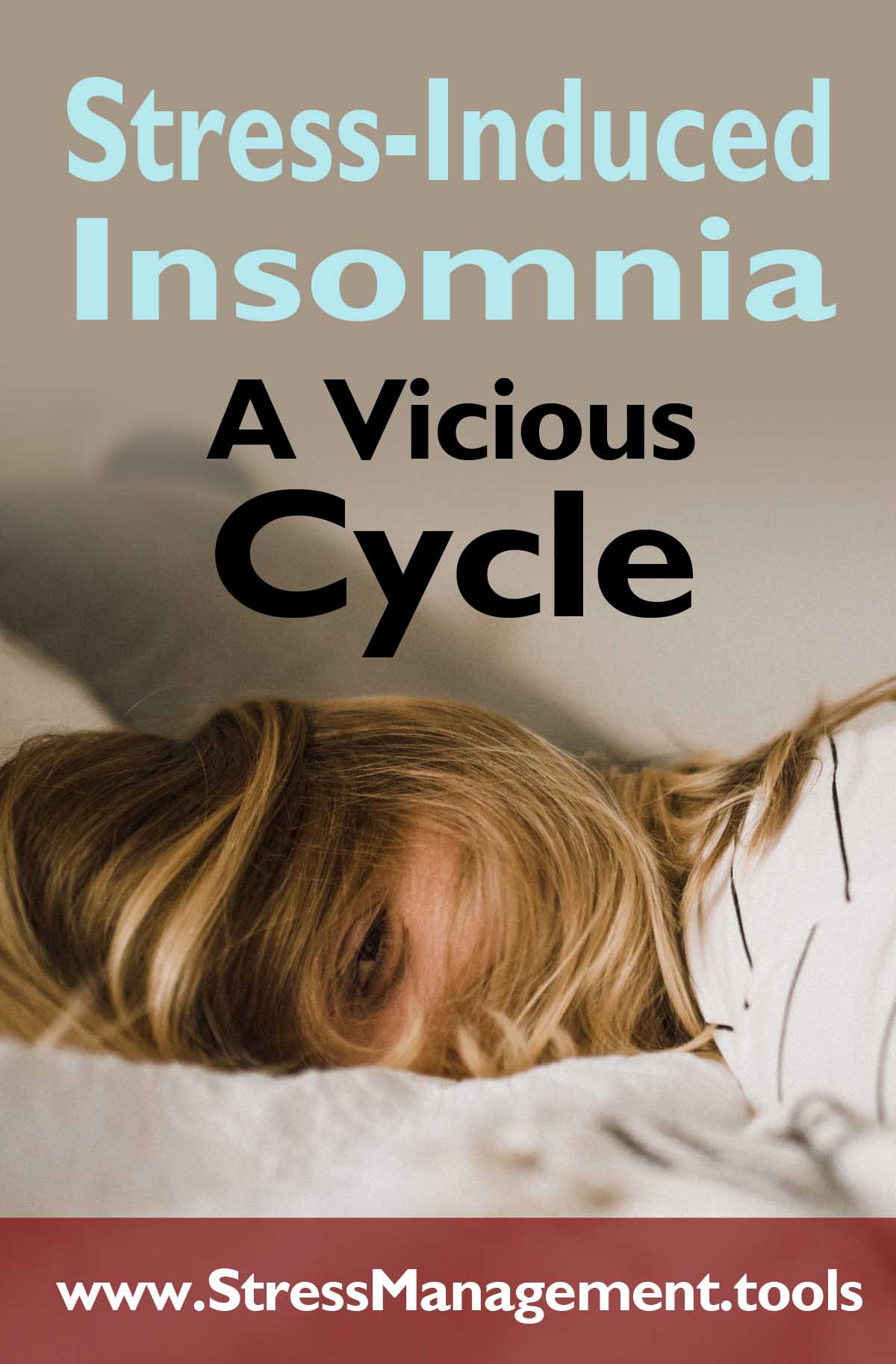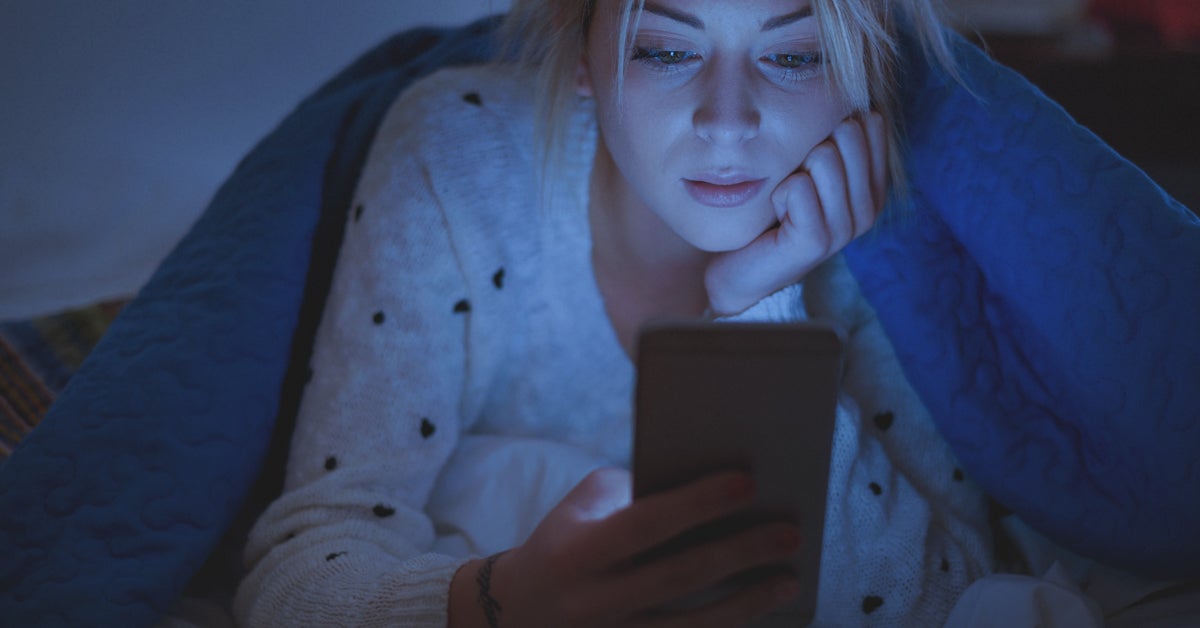

Such sleep disturbances may cause clinically significant distress or impairment in social, occupational, or other areas of functioning.
Anxiety insomnia manual#
Insomnia disorder is defined by the Diagnostic and Statistical Manual of Mental Disorders – IV (DSM-IV) as the complaint for difficulty in initiating or maintaining sleep, or restorative sleep for at least 1 month 4. These numbers are greater among patients, with reports estimating 69% prevalence among primary care patients 3. Insomnia is one of the most common sleep disorders, posing a significant public health concern, with an estimated prevalence of 10–30% among adults in the general population 1, 2. Specifically, the study demonstrated significant effects on the above symptoms when considering treatment adherence and implementing fully automated dCBT-I.

The results demonstrated that digital intervention for insomnia yielded significant effects on alleviating depressive and anxiety symptoms as well as insomnia symptoms.

Furthermore, additional subgroup analysis on studies that have used the fully automated dCBT-I treatment without the support of human therapists reported significant treatment effects for depression, anxiety, and sleep outcomes. When considering treatment adherence, the treatment effects of those in the high adherent groups identified a more robust outcome, showing greater effect sizes than those in the low adherent groups for depression, anxiety, and sleep outcomes. In total, 2504 articles were identified after duplicate removal, and 22 RCTs were included in the final meta-analysis. The PubMed, PsycINFO (Ovid), Embase, and Cochrane databases were searched for randomized controlled trials (RCTs) on adult patients with insomnia also having reported measures of depressive or anxiety symptoms. "Recent research has shown that this will help you offload worries of the next day, thus helping to reduce anxiety and wind down before bed.Despite research into the development of digital cognitive behavioral therapy for insomnia (dCBT-I), research into the outcomes of dCBT-I on insomnia and the associated clinical conditions of depression and anxiety have been limited. "Before climbing into bed, create a to-do list for the next day," Brantner says. Helpful apps such as Headspace provide guided meditations. Meditation or mindfulness can help clear the mind and promote relaxation before bed. This could be yoga, drinking hot tea, a warm bath," Brantner says. "Dim the lights and engage in a calming activity. Avoid smoking cigarettes because nicotine is a stimulant. Avoid alcoholĪlthough alcohol might make you fall asleep quicker, it impairs the quality of your sleep. It can also help with anxiety too - research published in the the American Journal of Psychiatry in 2017 found just one hour of exercise can help your mental well-being. Getting enough physical exercise during the day is also crucial for relieving stress and tension. But if you aren't sleeping well, there are steps you can take to address the problem.Ĭutting down on caffeinated drinks such as tea, coffee or cola may help you sleep better. Not everybody needs eight hours of sleep a night, as some people function well on less and others find they need more. "If we focus on the arousing qualities of anxiety, then breaking the vicious cycle of insomnia becomes the strongest tool for fixing insomnia." And the reason for that is that trying to go to sleep generates arousal. "If you try to go to sleep, you will almost certainly keep yourself awake. The anxiety triggered may encourage you to emphasise your efforts to get to sleep, which is futile. "If you can't go to sleep, you start anticipating the impact the sleeplessness will have on your performance the next day," he explains. We refer to it as a vicious cycle of insomnia. "For people who have got daytime commitments, not being able to go to sleep - when you relentlessly cannot initiate sleep - this generates anxiety specific to sleep. "One of the consequences of not being able to go to sleep is that it generates anxiety," Morgan explains. Anxiety and insomnia work in a cyclical way - essentially, it's a two-way street.


 0 kommentar(er)
0 kommentar(er)
